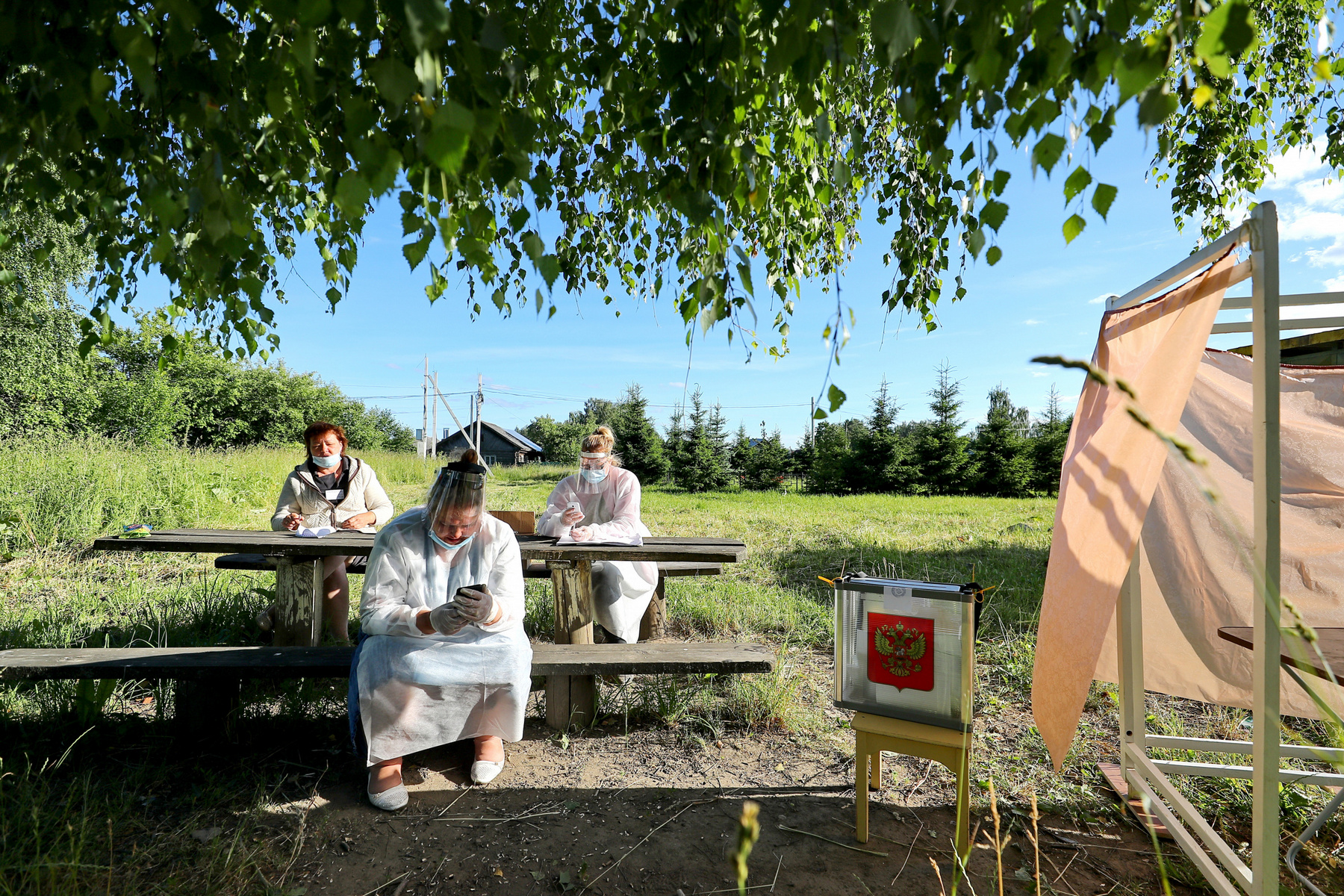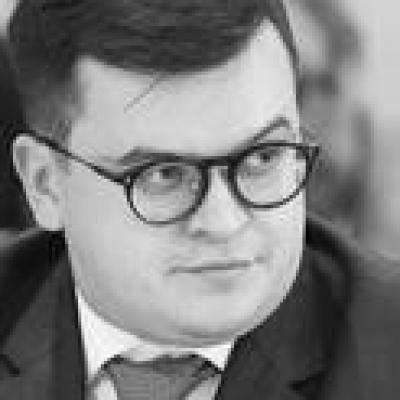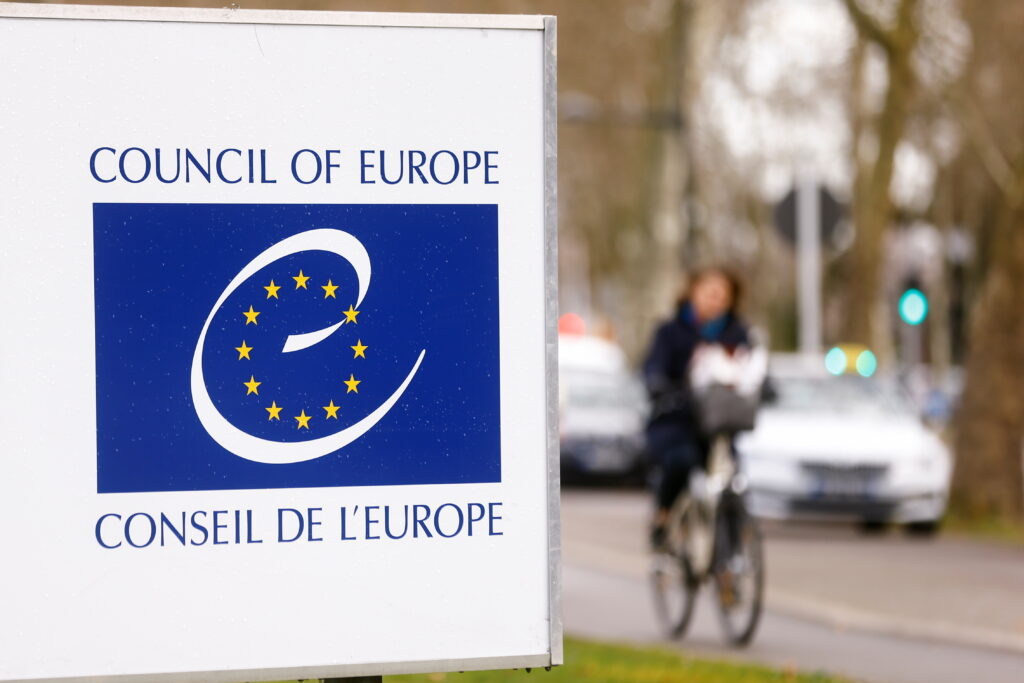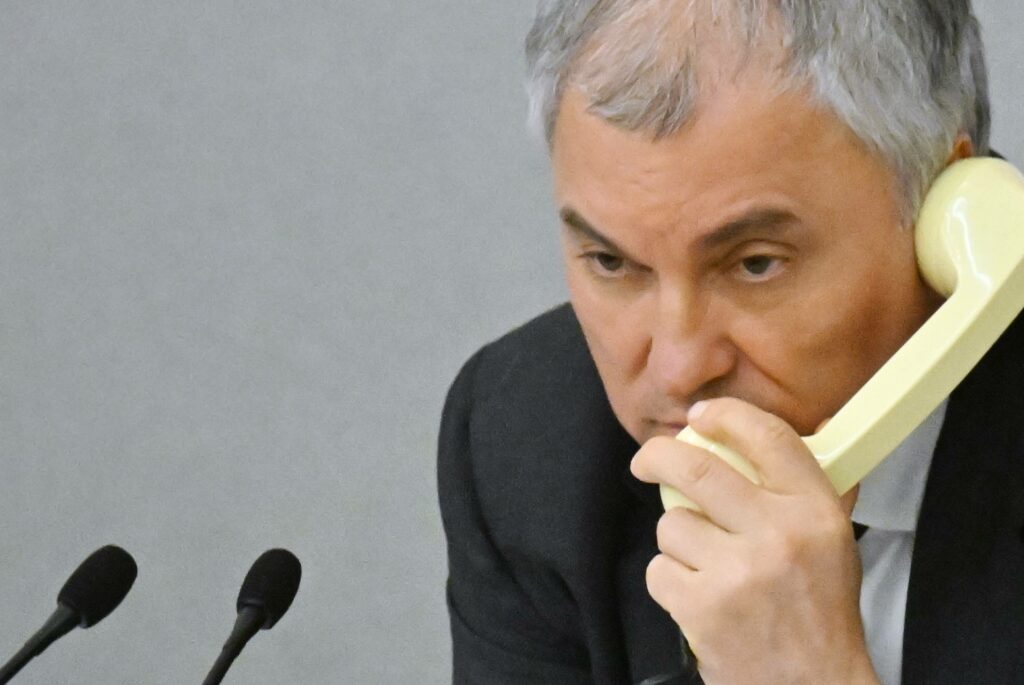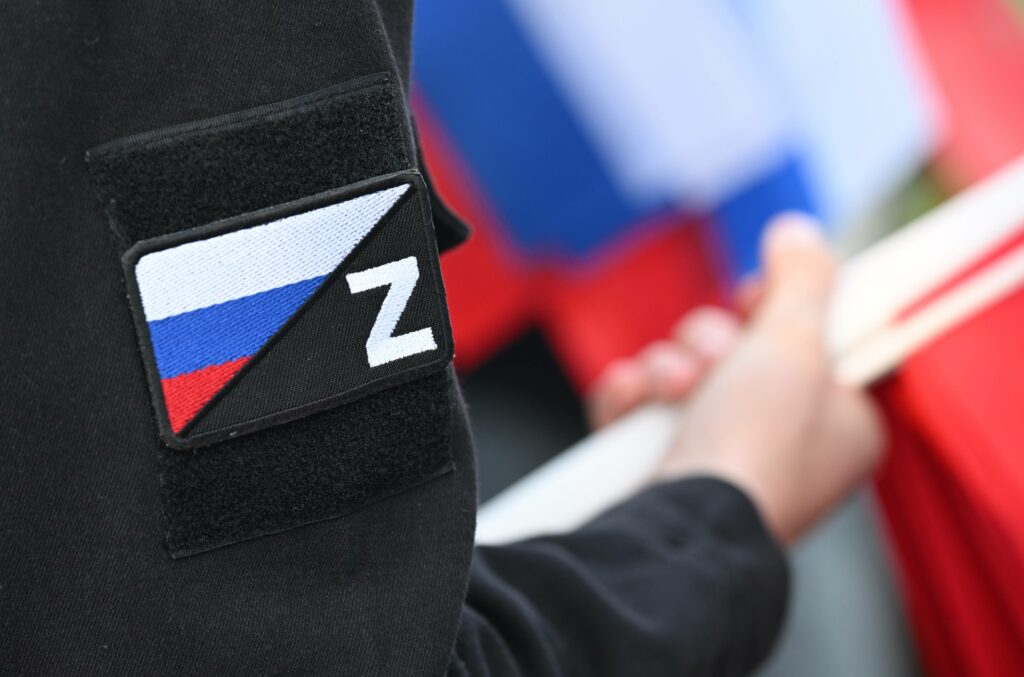On July 1, Russia’s nationwide voting on constitutional amendments came to an end. According to official figures, the turnout stood at 65 percent; about 78 percent of voters supported the amendments (that is, just over 50 percent of all the country’s residents with the right to vote). However, the real level of support for these amendments will remain a mystery.
Not a vote, but a PR campaign
In its assessment of the law on amendments, Russia’s Constitutional Court (CC) described the nationwide vote as a form of “direct expression of the people’s will,” or an act of direct democracy. Such events are internally known as referendums, however they are branded on the national level. Over the past 20 years, Russia’s Constitutional Court has busied itself with formulating standards which must be followed to reveal the “people’s will.” Officially, Russia and the Council of Europe (CoE) have the same understanding of those standards. But on the ground, it’s a different story — virtually none of those standards are observed in practice. Moreover, from the very beginning Russian lawmakers and organisers of the voting process did everything they could to ensure that these standards could not be observed, even theoretically. For example, even basic guarantees that citizens would be able to make a decision freely and consciously were not set out in the official voting rules.
If that’s surprising, it shouldn’t be: that wasn’t the task before organisers of the vote. The Venice Commission (an advisory body of the CoE specialising in constitutional law) has clearly stated that a referendum should not be held if the issue put to the vote falls under the exclusive remit of parliament. That was exactly the case with this vote. Under the constitution, all the proposed amendments were to be adopted through normal parliamentary procedure. The fact that there was no legal requirement for this referendum was even acknowledged by those who proposed the amendments. For them, holding a national referendum was less an issue of identifying the actual level of popular support for the amendments; it was initially a PR campaign whose goal was to create the perception, so important for the authorities, that such popular support existed at all. This was the basis on which all other decisions were made.
No conversation needed
The main problem with the referendum was the lack of even a theoretical opportunity to voice differing opinions during the discussion on the amendments. Indeed, the swiftness with which the amendments were supposed to be adopted demonstrates the fact that no discussion was originally envisaged at all. Even parliamentarians had no chance of starting a substantive one. One of the key amendments concerned “resetting the counter” on the maximum number of constitutionally permitted presidential terms (or “zeroing” as this has become known in Russia). This amendment appeared directly during the second reading of the bill in the State Duma and was adopted immediately during the second and third readings. In just a couple of days, the Constitutional Court gave its approval to a huge and intricate law which was to rewrite half the constitution. The country’s citizens, it was supposed, would give their support and acquiescence just as quickly.
But then the COVID-19 pandemic intervened. The process outlined above would not go quite so smoothly, but the fundamentals of the situation remained unchanged. They could not have changed — the authorities’ neglect in ensuring the equal rights of supporters and opponents of the amendments during the referendum campaign was simply too visible. Russia’s legislature did not establish any rules for pre-referendum campaigning. Neither the State Duma deputies who adopted the law on amendments nor the Central Electoral Commission (CEC), which established the voting rules, bothered to mention the issue. As a result, free airtime was not equally provided to those with dissenting views, nor were they afforded the right to a proper representation of their position on the amendments in print media. Furthermore, there were no rules established for campaign financing or financial reporting.
Consequently, state and municipal government bodies and media organisations dependent on them were able to join in the campaign in support of the amendments — in violation of the law. Even the CEC engaged in open campaigning: a document appeared on the commission’s website which explained the choice of logo for the referendum by referencing the talking points and official goals of the campaign in support of the amendments. “This logo’s dynamic form represents the imminent positive changes that await Russia’s citizens due to these constitutional amendments,” it read. Moreover, all the materials which circulated on state media channels were devoted to promised social guarantees — which comprised just ten percent of the entire package of amendments. When it came to redistribution of power and the “zeroing” of presidential term limits, they dutifully kept silent.
Opponents of the amendments were practically blockaded from any access to mass media. Deprived of free airtime, they even faced refusals when they attempted to place paid advertisements in media outlets or set up public billboards. They could have attempted to compensate with paid advertising on social media networks, but were unable to do so given that two of Russia’s three largest digital giants (with the highest number of users) belong to the Russian Mail.Ru group, whose rules explicitly prohibit political advertising. They could have attempted to take to the streets, but the vote was held during a COVID-19 ban on any mass demonstrations. The website of the campaign against the amendments was blocked by Roskomnadzor, the Russian state communications regulator. The Communist Party of the Russian Federation (KPRF) eventually came out against the amendments but did so rather sluggishly and only at the end of the campaigning period. Therefore, opponents of the amendments could only campaign among the inner circles of subscribers on social media networks — meaning those who already opposed them from the very beginning.
As a result, the campaign in support of the amendments predominated. The vast majority of Russian citizens simply did not have an opportunity to hear opposing perspectives. In such a context, citizens never had a chance of forming freely form informed opinions.
Coercion and falsification
In these conditions, citizens’ votes never mattered. No matter what the result had been, it could never have been considered a proper political response by free citizens.
But the Russian authorities were still not entirely sure what the results would be, as the vote itself was held according to an entirely new procedure. At the end of September 2019, the chairman of the CEC proposed to cancel early elections, which had always caused problems as they were nearly impossible to control. Nevertheless, by 2020 the CEC had already expanded the capacity for early elections to such an extent that, according to official figures, almost 60 million people had already taken part in the referendum by the time the main voting day arrived (four fifths of all those who allegedly put their ballots into the box). It seemed as though every resident of Russia had seen electoral staff with ballot boxes on benches, in children’s playgrounds, and in the boots of cars. These scenes were not really the problem; the main issue was the mass voting at enterprises as directed by bosses. Coercion of voters has become widespread in Russia, affecting almost all regions and most sectors of the economy. State employees, factory workers, employees of large corporations, retail chains, housing and social services, have all complained about coercion. This problem concerns tens of millions of people.
By June 28, when the bulk of this coercion had already taken place, government-appointed sociologists published exit polls which indicated that the authorities were facing problems. Despite the fact that press releases were buoyant and stated excitedly that more than 70 percent of respondents supported the amendments, attentive readers noticed that little over 50 percent of respondents had declared their approval. The rest were either against or refused to answer.
From that moment on the Map of Violations, an online tool created by the voters’ rights NGO Golos, began to receive a flood of messages warning of incidents of ballot stuffing and preparation for falsifications. Large numbers of citizens began to report that somebody had already received a ballot in their name, that electoral commissions had started concealing documents and hindering the work of observers (who were fewer in number than in previous years given the increased complexity of accreditation procedures), and even employees of the commissions themselves. The principles of publicity and collegiality which are supposed to govern the work of electoral commissions have been thrown aside in favour of working with “secret” documents. Members of these commissions who are deemed “undesirable” were illegally suspended from work, while observers and media workers were ejected from polling stations. Sometimes this happened with the use of physical force by law enforcement agencies. This even posed a threat to the health and wellbeing of those trying to cover the vote. For example, in St Petersburg law enforcement officers attacked a journalist from MediaZona and broke his hand. All this was accompanied by a wave of propaganda denouncing citizen election observers.
Independent election observers have not encountered such hostility since 2011-2013.
Results versus reality
The referendum which has just taken place has turned out to be truly unprecedented in Russian history. Even the CEC admits as much. It will go down in history as an assault by the political elite on the sovereignty of ordinary citizens. In all likelihood, we will never find out the real share of votes for and against these amendments. It is even less likely that we will ever establish what Russia’s public would have decided had the conditions for a free and fair vote existed.
What is obvious is that the vote itself was seen as so discredited among society at large, including even pro-Kremlin loyalists, that there will not be much faith placed in the official results. Photos from this bizarre vote have played an even greater role in forming public opinion than all the individual documented incidents of electoral fraud ever could.
Legally speaking, the consequences of this referendum are easy to challenge — there were simply too many procedural inconsistencies. Furthermore, the law on the amendments does not lay down any restrictions on revising them by a simple parliamentary vote.
Thus the results of this referendum are very vulnerable. Russia remembers the referendum which was held in 1991 on preserving the integrity of the USSR, which 78 percent of the electorate supported. But by the end of that year, the Belovezha Accords had been signed and the country had ceased to exist.
